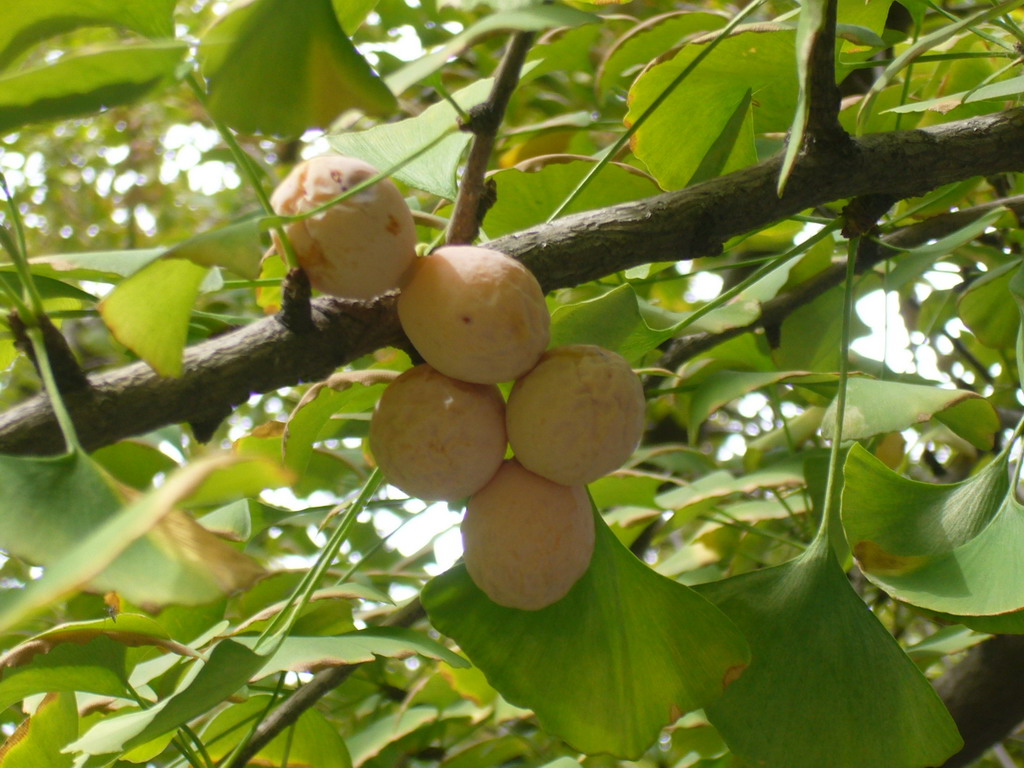There are a few names for this tree (gingko or ginkgo biloba, maindenhair tree), but its famous reputation is for preserving and supporting memory functions. While research has been back and forth about its effectiveness, the general attitude is that gingko biloba does indeed help with sustaining brain function and consequently staving off cognitive degeneration (or, dementia).
The suggested dosage is to take 120 to 240 milligrams of standardized extract on a daily basis, and it’s the accumulation of this amount that produces results in several months. In other words, buying a bottle, and taking it once after the bottle was opened – but then forgetting to take it ever again – will not produce any favorable results. Perhaps the best course of action is to take gingko biloba to prevent dementia, rather than look to it as a miracle cure once dementia has already set in.
A word of caution: gingko is an anticoagulant, which means those who are on bloodthinners should consult doctors before taking gingko biloba. Discuss with the doctor if gingko biloba could be the “replacement” for bloodthinners. Gingko primary function is that it enables good blood flow to organ tissue; possibly the reason why it’s known to aid the brain is that it carries badly needed blood to the brain itself.
Those wary of the effectiveness of gingko biloba will point out that it is a known carcinogen to animals. This may or may not mean that it is a carcinogen to humans, or if there are genetic and lifestyle factors that trigger the switching on of cancer cells. The only way to know for sure is to aggressively pursue more research studies that determine solid evidence for the many pros and questionable cons. Keep in mind that the tree (while also famous for its longevity and resistance to disease) is on the endangered species list and “supplies” are limited. Perhaps the greatest vote of confidence will come from contributing to and keeping tabs on the research – doing a favor to anyone who is already taking gingko biloba.
